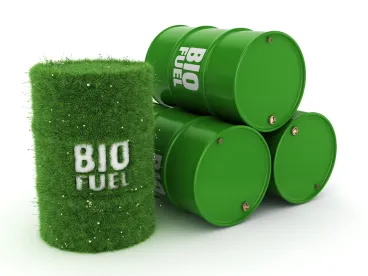Red Algae Could Be The Key To Accelerating Biofuel Production
On August 17, 2018, researchers from the Tokyo Institute of Technology (Tokyo Tech) announced its progress in accelerating the process of biofuel-making. Through the use of biotechnology, their research demonstrates that an enzyme, glycerol-3-phosphate acyltransferase (GPAT) from the red algae Cyanidioschyzon merolae, can contribute to the biofuel production process. Algae is often used to produce biofuels because it contains high amounts of triacyglycerols (TAG) under certain conditions, which can be converted into biodiesel. Using Cyanidioschyzon merolaeas a control strain, researchers at Tokyo Tech discovered that the reactions catalyzed by GPAT presence in this single-celled red algae “is a rate-limiting step for TAG synthesis […] and would be a potential target for improvement of TAG productivity in microalgae,” accelerating biofuel production.
Recycling “Fatbergs” Into Biofuel
Researchers from the University of British Columbia, in Canada, have discovered a new technique that can be used to transform “fatbergs” into green fuel. What scientists now refer to as “fatbergs” consist of oils and greases that cause blockages in the sewer systems accumulating disposed solids. These Canadian scientists revealed a new method in which “fatbergs” can be recycled into green fuel within the sewer system through a microwave-enhanced advanced oxidation process using hydrogen peroxide and bacteria. The University of British Columbia team is now conducting pilot tests within sewage treatment plants and plans to have a full-scale system within the next two years.



 />i
/>i

